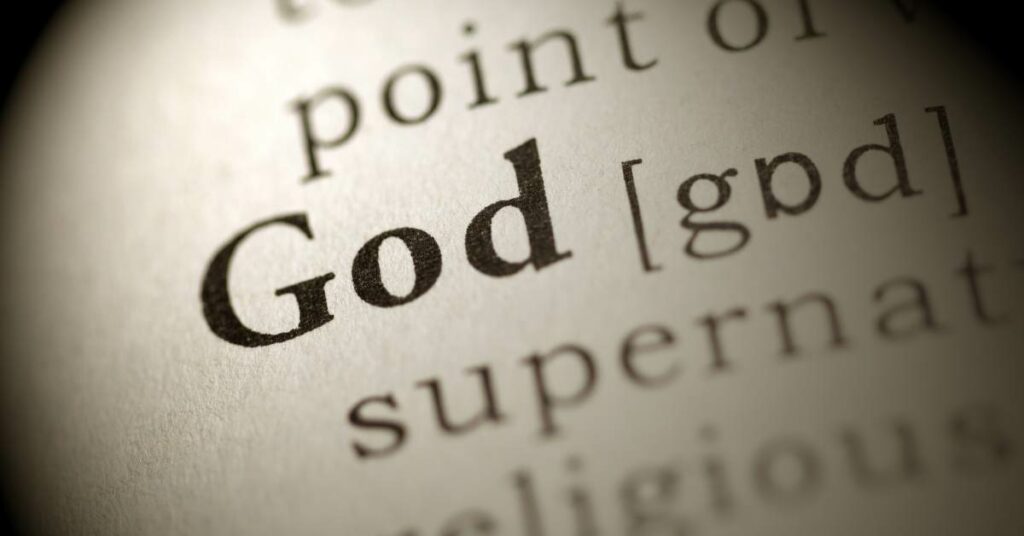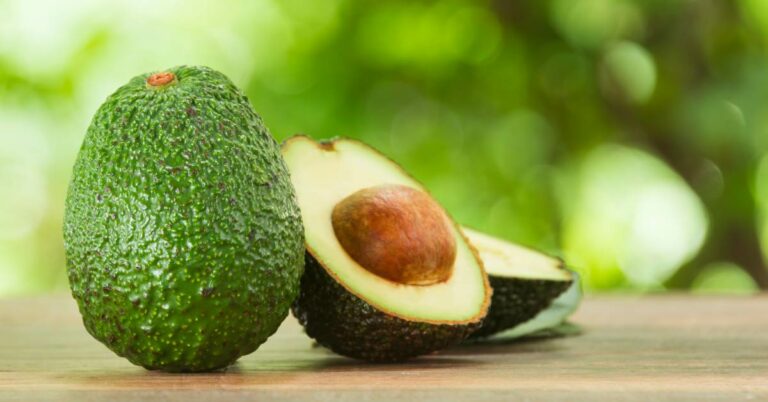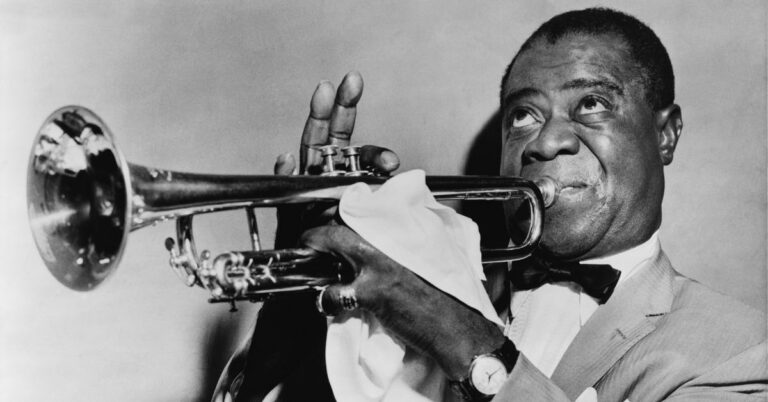The word “God” has a rich and complex history, with its origins dating back to ancient civilizations and its meaning evolving over time to reflect cultural and religious beliefs.
The Roots of “God” in Ancient Times
The word “God” likely has roots in the Proto-Indo-European language, which was spoken by ancient peoples in the Eurasian steppe region. The Proto-Indo-European word for “God” was “deiwos,” which is also the root of the Latin word “deus,” the Greek word “theos,” and the Sanskrit word “deva.”
The Evolution of “God” in Abrahamic Religions
In the Abrahamic religions of Judaism, Christianity, and Islam, the meaning of “God” has evolved to reflect the beliefs and practices of each faith. In Judaism, the word “God” is often written as “YHWH,” and is considered to be the one true God who created the universe and made a covenant with the Jewish people. In Christianity, “God” is seen as the creator of the universe and the father of Jesus Christ, while in Islam, “God” is known as Allah and is considered to be the sole deity, with no partners or equals.
The Concept of “God” in Eastern Religions
In Eastern religions such as Hinduism, Buddhism, and Taoism, the concept of “God” is often more complex and nuanced than in Abrahamic religions. In Hinduism, for example, there are multiple deities who represent different aspects of the divine, while in Buddhism, the focus is more on achieving enlightenment rather than worshiping a specific deity. In Taoism, the concept of “God” is less defined and more fluid, with a focus on harmony with the natural world.
Conclusion
In conclusion, the word “God” has a long and complex history, with its roots in ancient languages and its meaning evolving over time to reflect cultural and religious beliefs. While the concept of “God” varies widely across different religions and cultures, it remains an essential part of human spirituality and continues to inspire awe and reverence in people around the world.














